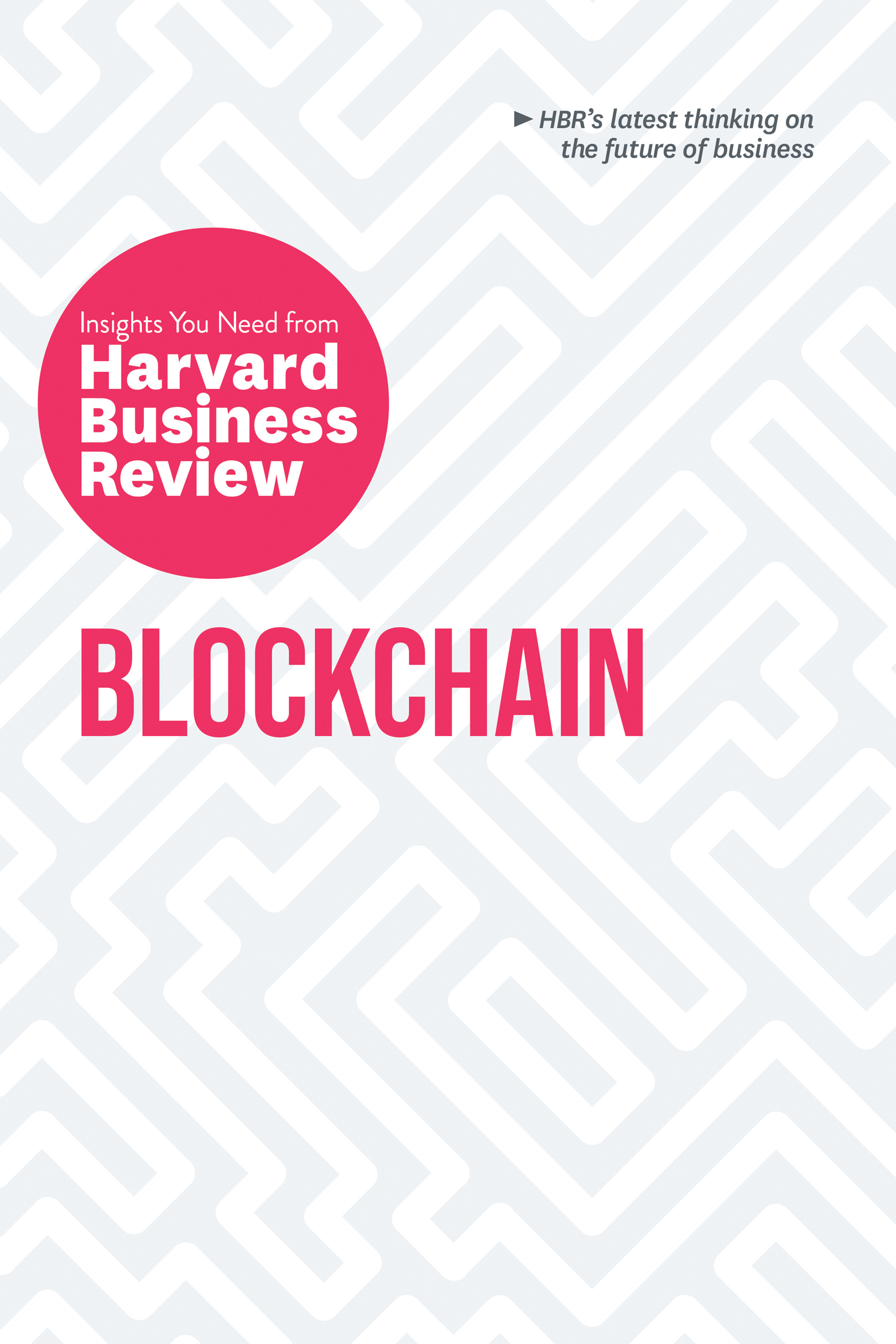HBR Press Quantity Sales Discounts
Harvard Business Review Press titles are available at significant quantity discounts when purchased in bulk for client gifts, sales promotions, and premiums. Special editions, including books with corporate logos, customized covers, and letters from the company or CEO printed in the front matter, as well as excerpts of existing books, can also be created in large quantities for special needs.
For details and discount information for both print and
ebook formats, contact ,
tel. 800-988-0886, or www.hbr.org/bulksales.
Copyright 2019 Harvard Business School Publishing Corporation
All rights reserved
No part of this publication may be reproduced, stored in or introduced into a retrieval system, or transmitted, in any form, or by any means (electronic, mechanical, photocopying, recording, or otherwise), without the prior permission of the publisher. Requests for permission should be directed to , or mailed to Permissions, Harvard Business School Publishing, 60 Harvard Way, Boston, Massachusetts 02163.
The web addresses referenced in this book were live and correct at the time of the books publication but may be subject to change.
Library of Congress Cataloging-in-Publication Data
Title: Blockchain : the insights you need from Harvard Business Review.
Other titles: Blockchain (Harvard Business Review Press) | Insights you need from Harvard Business Review.
Description: Boston, Massachusetts : Harvard Business Review Press, [2019] | Series: The insights you need from Harvard Business Review
Identifiers: LCCN 2019011989 | ISBN 9781633697911 (pbk.)
Subjects: LCSH: Blockchains (Databases) | Data encryption (Computer science) | Electronic commerce. | Financial institutionsTechnological innovations.
Classification: LCC HG1710 .B57 2019 | DDC 658/.0557dc23
LC record available at https://lccn.loc.gov/2019011989
ISBN: 978-1-63369-791-1
eISBN: 978-1-63369-792-8
Contents
- Imagine a world in which data cant be corrupted, hacked, or lost.
- by Catherine Tucker
- It will take years to transform business, but the journey begins now.
- by Marco Iansiti and Karim R. Lakhani
- Its come a long way in 10 years.
- by Vinay Gupta
- What we can learn from the evolution of another groundbreaking technology.
- by Joichi Ito, Neha Narula, and Robleh Ali
- No one, and everyone, by design.
- by Patrick Murck
- The security issues are different in public and private networks.
- by Allison Berke
- Someone needs to verify the link between digital records and physical objects.
- by Catherine Tucker and Christian Catalani
- It could reduce friction and costs.
- by Alex Tapscott and Don Tapscott
- Its a tough time to be a middleman.
- by Antonio Fat s and Beatrice Weder di Mauro
- Well be able to track goods between companies and across borders.
- by Michael J. Casey and Pindar Wong
- The role of platforms will become less important.
- by Primavera De Filippi
- The technology can cut down on spam and fraud.
- by Campbell R. Harvey, Christine Moorman, and Marc Toledo
- Movie studios and record companies should take note.
- by Don Tapscott and Alex Tapscott
- What Chinese #MeToo activism teaches us about data integrity.
- by Catherine Tucker and Yudan Pang
- Entrepreneurs are sitting on the sidelines for fear of innocently running afoul of the law.
- by Stephen J. Obie and Mark W. Rasmussen
- Information is under attack.
- by Brian Forde
- And the benefits will accrue to all rungs of society.
- by Michael Mainelli
- In one year, blockchain activity used more power than 159 individual nations.
- by Marc Blinder
Introduction
BLOCKCHAIN AND THE DATA INTEGRITY REVOLUTION
by Catherine Tucker
While the dizzying evolution of the internet has transformed how we access data and communicate, advances in data integrity and storage have limped along. We can use the internet to instantaneously pinpoint an obscure eatery in Borneo, watch cat videos, or share our views worldwide. But even with the advent of cloud storage technologies, data still gets lost, corrupted, censored, accidentally deleted, hacked, stolen, and destroyed.
Blockchain could eliminate all of these problems. Pioneered in 2008 as a method of verifying cryptocurrency transactions, blockchain consists of a time-stamped, append-only series of blocks of immutable data that is not owned by any single entity. Once a block of data is added to the chain using cryptography, it cant be removed or modified. Bad actors cant change it. Censors cant remove it. Hackers cant steal whats already been shared. It might be as revolutionary for data integrity and recording as the internet has been for data access.
Better data integrity brings new possibilities. So many business decisions rest on knowing that the data we have actually reflects reality. Take, for example, supply chain: If it were possible, by reviewing a blockchain, to know with certainty that inventory was in a particular place, or arrived or left at a particular time, the cost of verifying its presence would steeply decline. And since these time-stamped transaction records couldnt be manipulated, the likelihood of fraud would drop just as sharply. In so many other industries and functions, blockchain could reduce frictions and shrink bureaucracy to the point where entirely new business models are possible. This book will help you understand what will change, when, and how to prepare.
As a professor at MIT who focuses on the digital economy and as a cofounder of the MIT crypto-economics lab, I spend a lot of time researching how blockchain will affect industry. Blockchains impact may be slow-moving, but it could ultimately be staggering. Decades may pass before the ramifications of profound new technologies and innovations emerge, and the changes they bring tend not to happen where one might expect. Volta invented the electric battery in 1800, but the development of one that was useful for industrial applications took at least sixty years. After the dot-com bust in 2000, it would have been easy to conclude that the internet held limited potential as a way to sell goods.


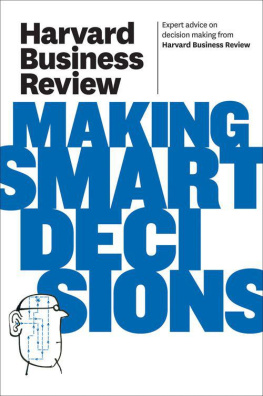

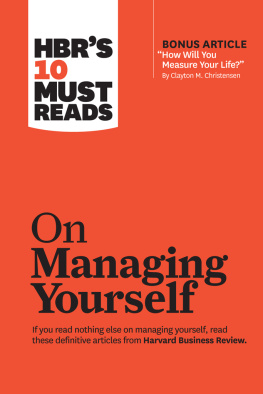
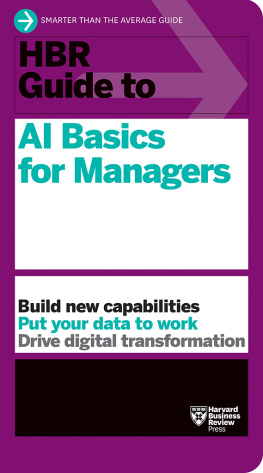
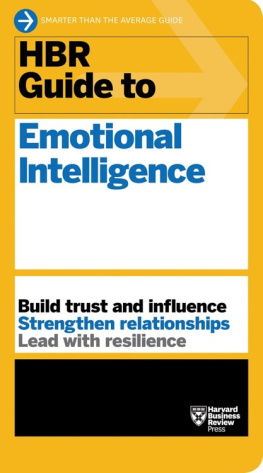
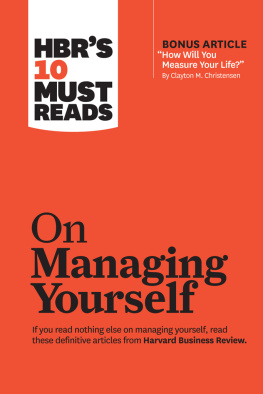
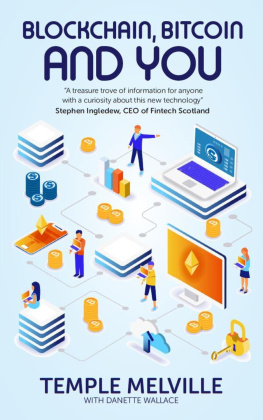
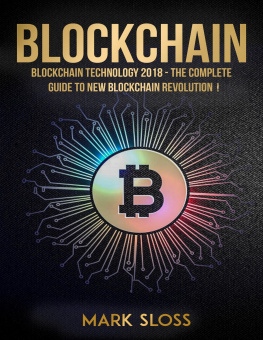
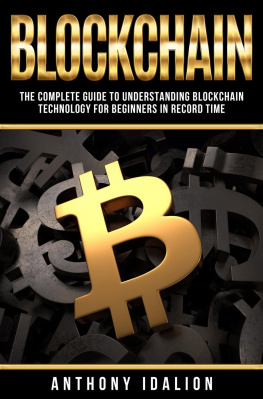
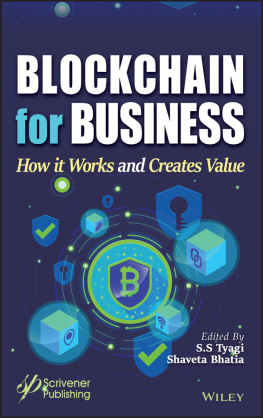
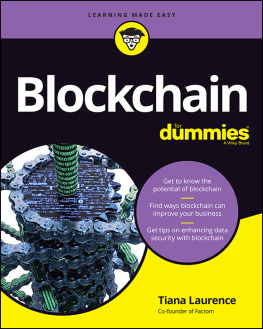

![Tiana Laurence [Tiana Laurence] - Blockchain For Dummies](/uploads/posts/book/119706/thumbs/tiana-laurence-tiana-laurence-blockchain-for.jpg)
